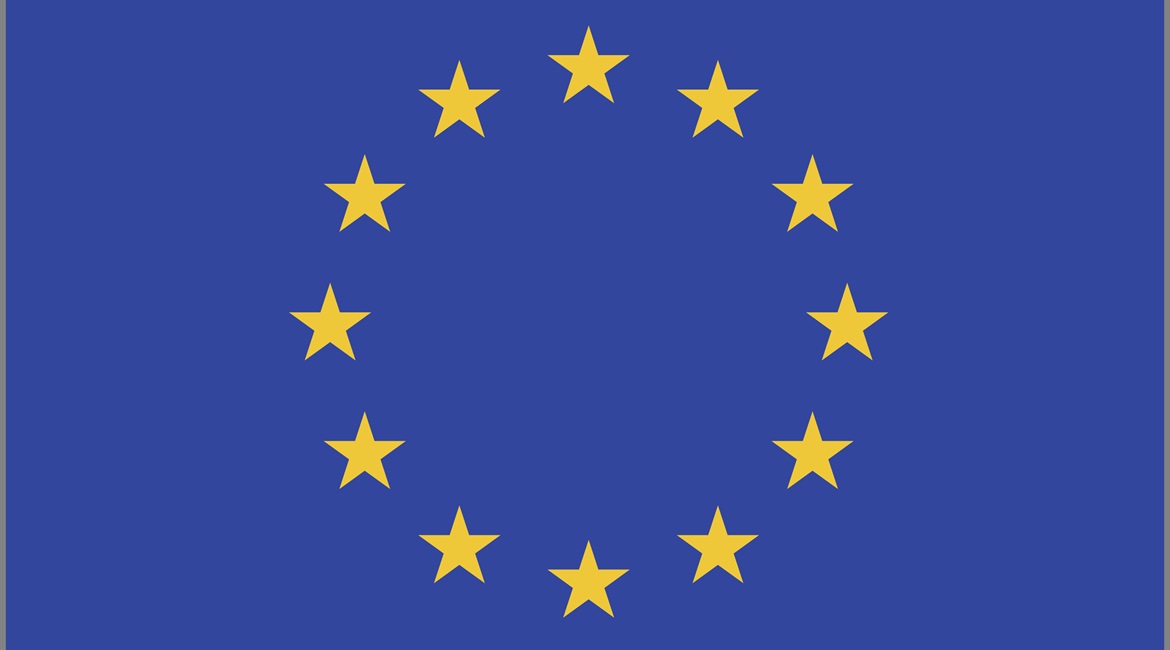
The European Union’s decade-old rules for cross-border defence procurement and intra-EU transfers of defence products are stalling badly and require far stronger implementation and enforcement by EU and national authorities, including a clampdown on the invocation of national security to shield defence purchases from competition, according to a forthcoming European Parliament report.

The European Parliament is to vote on a report on the EU’s 2009 defence directives in 2021. (Getty Images)
National governments’ low level of application of the directives “is striking, and exacerbated by the impact of Covid-19, Brexit, and future defence spending cuts”, argues the draft report by Kris Peeters, Belgian member of the European Parliament (MEP). It calls on the European Commission to take a far stronger role in enforcing the rules.
Peeters initially drafted the text on 7 October for the parliament’s Internal Market Committee, which is set to approve it in January or February 2021, followed soon thereafter by the European Parliament’s plenary adoption. The text targets EU directives 2009/81/EC and 2009/43/EC on defence procurement and transfer licensing procedures respectively.
While the report will be legally non-binding, Peeters is known for his pragmatic opinions and, as noted in the report, he formed his conclusions after conferring with defence experts, an in-depth study of the directives’ problems by the European Parliament’s research service in September, and, finally, with officials at Directorate-General for Defence Industry and Space (DG DEFIS), the Commission’s defence industry policy department.
Regarding 2009/81/EC, his report pinpoints the EU Treaty’s Article 346 as the key obstacle to cross-border defence procurement in Europe. It allows national governments to use “national security” to exclude a defence buy from foreign competition or to justify sole-supplier arrangements.
Looking to read the full article?
Gain unlimited access to Janes news and more...




